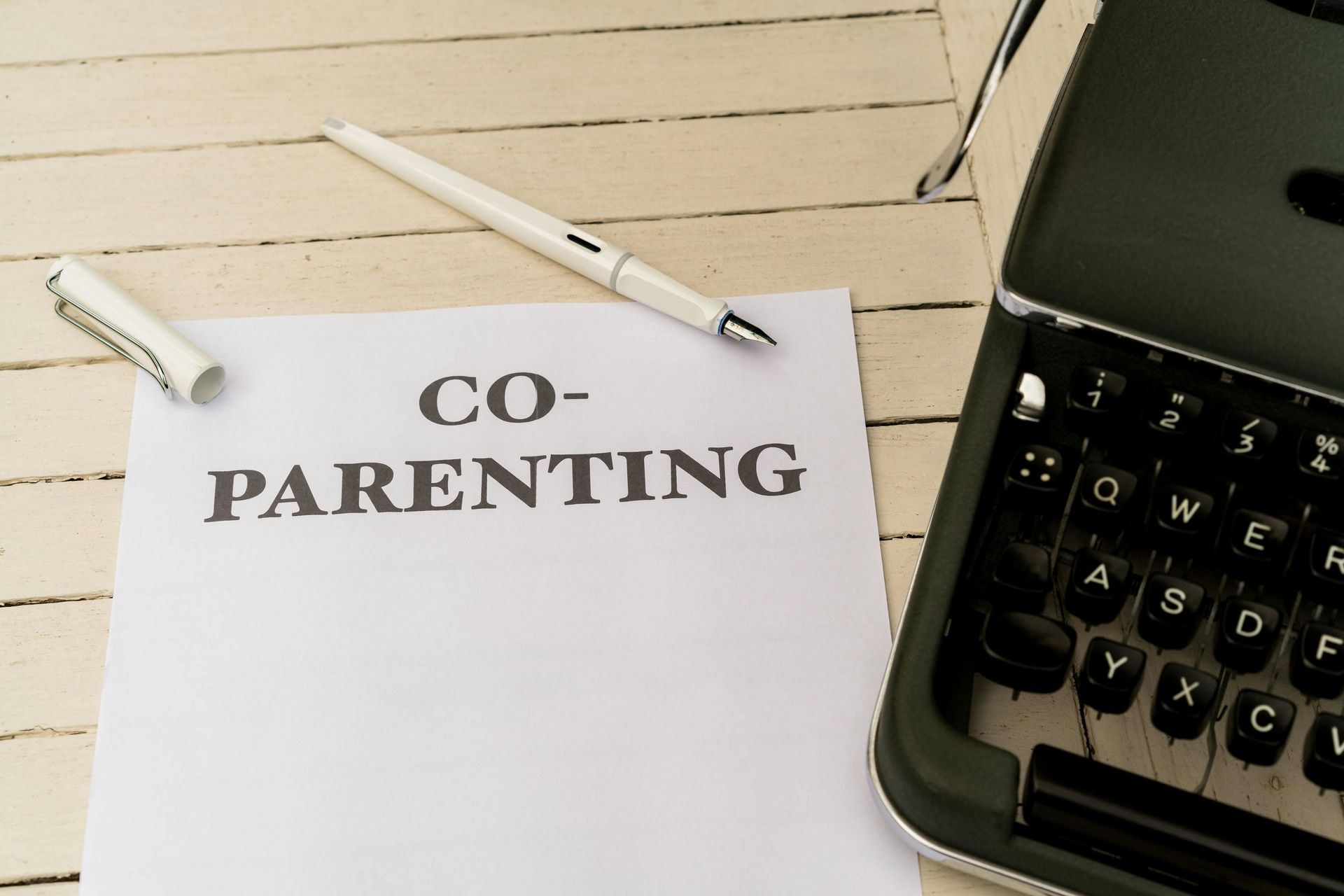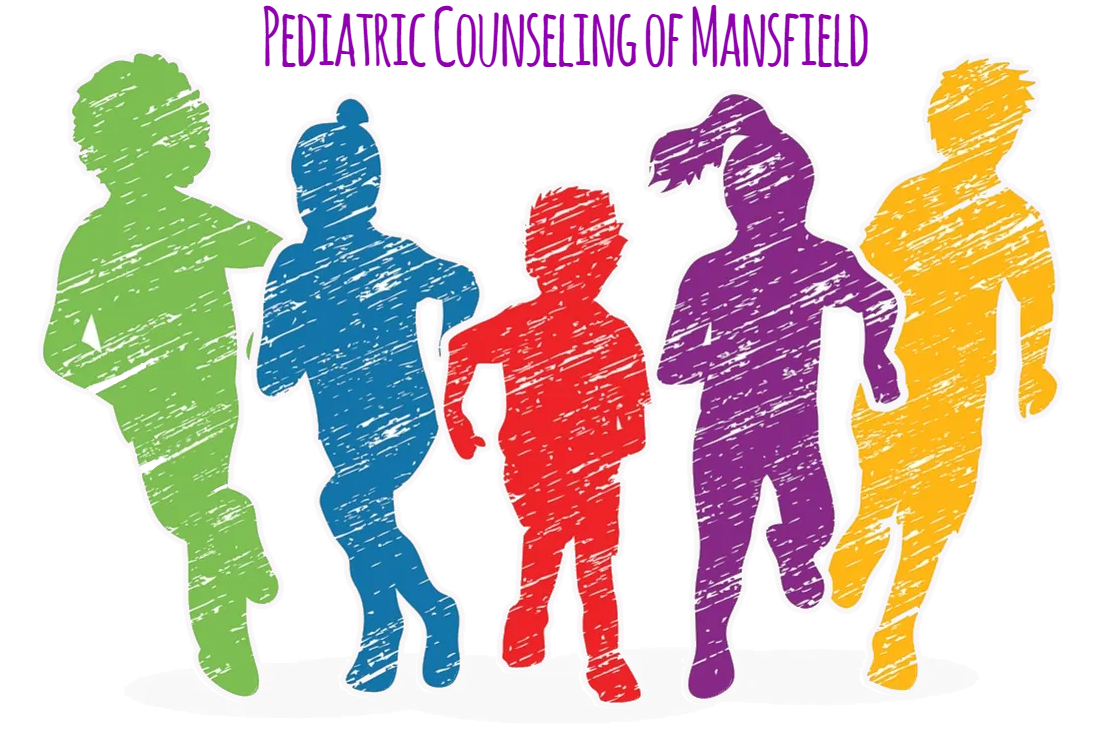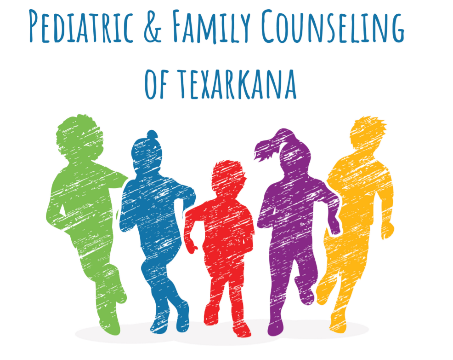Understanding Auditory Processing Disorder: What Parents Need to Know
Imagine being in a classroom, hearing the teacher’s voice, but the words don’t quite land the right way. It’s like tuning into a radio station that keeps cutting in and out. That’s what life can feel like for a child with Auditory Processing Disorder (APD).
APD isn’t about hearing loss. Kids with APD usually have normal hearing—they can detect sounds just fine. But the brain has trouble interpreting those sounds in a meaningful way. It’s a hidden challenge, often mistaken for inattention, learning delays, or behavioral issues.
Let’s take a closer look at what APD is, how it can show up in children, and how you can support a child who’s navigating it.
What Is Auditory Processing Disorder?
Auditory Processing Disorder is a condition where the brain has difficulty processing the sounds it hears. It affects how a child understands and makes sense of auditory information, especially in environments with background noise or fast-paced conversations.
APD is sometimes called Central Auditory Processing Disorder (CAPD). It’s not a problem with hearing, but with how the brain processes what’s heard.
How Might APD Affect Kids?
Children with APD may seem like they aren’t listening—but often, they’re trying really hard to make sense of what’s being said. The signs can vary from child to child, but common challenges include:
🔹 Difficulty Following Directions
Kids with APD may have trouble processing multi-step instructions, especially if given quickly or in a noisy environment.
🔹 Struggling in Noisy Settings
Background noise makes it even harder for them to focus on speech, so places like classrooms, lunchrooms, or playgrounds can be overwhelming.
🔹 Mishearing or Asking “Huh?” Often
They may frequently mishear words or need things repeated. This isn’t defiance—it’s a genuine processing delay.
🔹 Trouble with Reading and Spelling
Since auditory skills play a big role in language development, kids with APD may struggle with phonics, reading fluency, or spelling.
🔹 Easily Distracted or “Zoning Out”
Because their brain is working overtime to process sounds, they can tire more easily or appear inattentive.
Diagnosis and Support
APD is typically diagnosed by an audiologist through a series of specialized tests. If you or a teacher suspect your child might have APD, the first step is often a referral from your pediatrician to an audiologist or speech-language pathologist.
Once diagnosed, there are many ways to support a child with APD:
✅ Classroom Accommodations
- Preferential seating near the teacher
- Visual aids to support verbal instruction
- FM systems (microphones that amplify the teacher’s voice directly to the child)
✅ Speech and Language Therapy
Therapists can help strengthen auditory processing skills and teach strategies to help kids compensate.
✅ At-Home Strategies
- Break instructions into smaller steps
- Use visual cues or checklists
- Limit background noise during homework or conversation
- Be patient and offer repetition without frustration
The Emotional Impact
Kids with APD are often trying really hard—but they might still get labeled as “distracted,” “lazy,” or “defiant.” That misunderstanding can take a toll on their confidence.
It’s important to reassure your child that they’re smart, capable, and not alone. Celebrate their strengths, and advocate for their needs—at school, at home, and everywhere in between.
Final Thoughts
Auditory Processing Disorder may be invisible, but its impact is very real. The good news? With the right support, kids with APD can thrive academically, socially, and emotionally.
If you suspect your child might be struggling to process what they hear, trust your gut and seek help. Understanding the “why” behind their challenges can make all the difference—not just for how they learn, but for how they feel about themselves.
Because every child deserves to feel heard—even when their brain processes sound a little differently.












